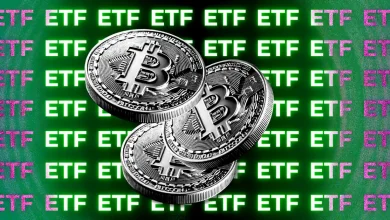
In 2024, Singapore has prominently positioned itself as the frontrunner in Asia’s competitive crypto landscape. This remarkable achievement is marked by the issuance of 13 crypto licenses to major platforms, including OKX, Upbit, Anchorage, BitGo, and GSR. This figure represents a significant increase, doubling the number of licenses granted in 2023. Such rapid progression underscores Singapore’s unwavering commitment to establishing a robust digital asset industry.
Why Singapore is Leading the Crypto Race
Singapore’s success can largely be attributed to its adaptable regulatory framework. In contrast to Hong Kong’s stringent policies concerning token listing and the custody of customer assets, Singapore adopts a more open and inviting approach towards new crypto enterprises. This regulatory flexibility has paved the way for smaller crypto firms to thrive, fostering an environment ripe for innovation and growth alongside established financial institutions.
Additionally, Singapore’s willingness to embrace a diverse range of tokens further enhances its appeal to crypto companies. Unlike Hong Kong, which restricts trading to Bitcoin and Ether, Singapore’s openness to a wider array of digital currencies makes it a more attractive destination for crypto ventures seeking a hospitable environment to grow and innovate.
Hong Kong Struggles to Keep Pace
Conversely, Hong Kong has faced challenges in keeping up with Singapore’s rapid advancements. By the close of 2024, Hong Kong had issued licenses to only seven platforms, with the most recent four approvals occurring as late as December 18, 2024. This sluggish pace in granting licenses reflects the hurdles Hong Kong encounters in vying with Singapore’s burgeoning crypto scene.
Moreover, several renowned exchanges, including OKX and Bybit, have withdrawn their applications due to Hong Kong’s stringent regulatory environment. This reluctance underscores the difficulties Hong Kong experiences in maintaining competitiveness. Furthermore, Hong Kong’s close association with China, where crypto trading is prohibited, raises concerns for international crypto companies contemplating a presence in Hong Kong. The perceived political risks create an atmosphere less conducive to innovation and expansion.
Singapore’s Competitive Advantages
Both Singapore and Hong Kong have made notable advancements in blockchain technology. Singapore has spearheaded significant initiatives such as Project Guardian and Global Layer 1, which aim to tokenize assets and promote the practical application of blockchain technology across various sectors.
While Hong Kong has achieved success with initiatives like digital green bonds and Bitcoin and Ether ETFs, these products have not generated the same level of enthusiasm witnessed in the U.S. market. This disparity highlights the unique advantages that Singapore offers, positioning it as a more dynamic and attractive hub for crypto innovation and development in Asia.





